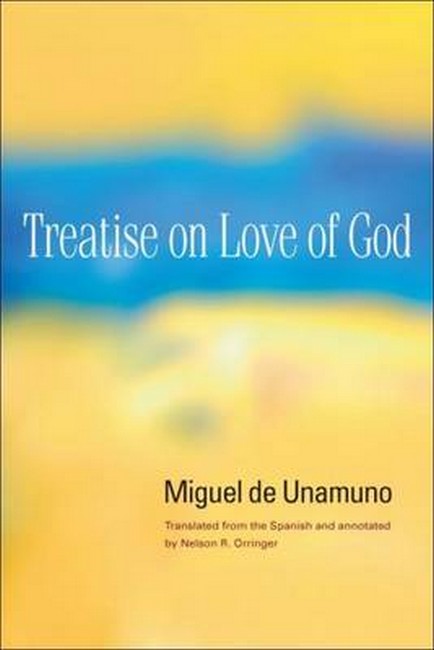Miguel de Unamuno, perhaps the most influential author of modern Spain, wrote his Treatise on Love of God at the height of his career after suffering a crisis of religious faith. Like Saint Augustine's Confessions and much of Kierkegaard, the Treatise is a study of religious inwardness and proposes to analyze how God can be found within as a beloved person. Not content with simple introspection, Unamuno considers Church fathers such as Athanasius, Origen, and Tertullian as well as modern religious scholars including Albrecht Ritschl, Auguste Sabatier, and Ernest Renan. Novelist, essayist, poet, playwright, and philosopher Miguel de Unamuno (1864-1936) won international renown for the courage and intelligence of his repeated challenges to the Spanish government. His Tragic Sense of Life remains a touchstone text in the modern quarrel between rationality and religion. Nelson R. Oringer is a professor emeritus of modern and classical languages at the University of Connecticut and the author of Ortega y sus fuentes germanicas and other books.

